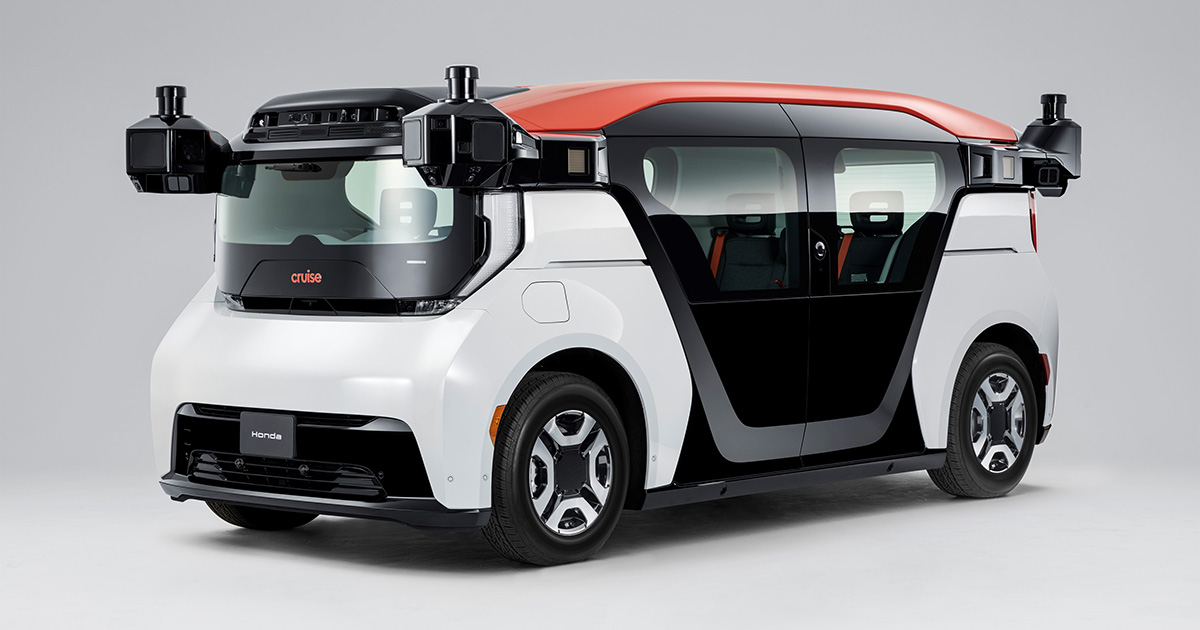General Motors’ Cruise has experienced a significant reduction in its internal employee share price, more than halving from the previous quarter, reflecting the ongoing repercussions of an October accident that continue to impact the self-driving car company.
According to an email obtained by Reuters, Cruise employees were informed that a third-party estimate pegged the share price at $11.80, down from $24.27 just one quarter ago. While Cruise is not publicly traded, its employees hold shares.
Craig Glidden, Cruise’s chief administrative officer, acknowledged the implications of this decrease in the email, stating, “We cannot ignore that this estimate is significantly lower than we’ve seen before and that there are real-life impacts for each of us.”
Following the October accident, in which a pedestrian was dragged by one of its vehicles after being hit by another car, Cruise faced regulatory challenges. Its permit to operate in California was suspended, and the company ceased all testing on public roads in the United States.

Glidden noted that Cruise now faces a “longer pathway towards scaled commercialization.” The company, which previously had ambitions to deploy self-driving taxis in multiple U.S. cities, has since undergone layoffs, with a quarter of its workforce being cut, and experienced high-level departures, including its CEO and co-founder.
The past months have been turbulent for Cruise, with General Motors slashing approximately $1 billion from its annual budget and releasing a scathing safety analysis of the October crash. The analysis revealed that crucial data was withheld from regulators, the press, and the public.
Cruise is currently under investigation by various government agencies, including the Securities and Exchange Commission, the Department of Justice, and the National Highway Traffic Safety Administration.
Despite these challenges, Cruise aims to resume testing on city streets with human drivers later this year, potentially in Houston or Dallas. However, there are indications that the return of its robotaxis to urban environments may be delayed until the fourth quarter.
In response to the reduced valuation, a Cruise spokesperson emphasized the company’s commitment to navigating current market conditions and earning the trust of regulators and the public before resuming operations. The devaluation of Cruise follows Apple’s recent decision to terminate its decade-long electric car development initiative.
Also read: GM Shifts Strategy: Plug-In Hybrids for Silverado & Sierra

